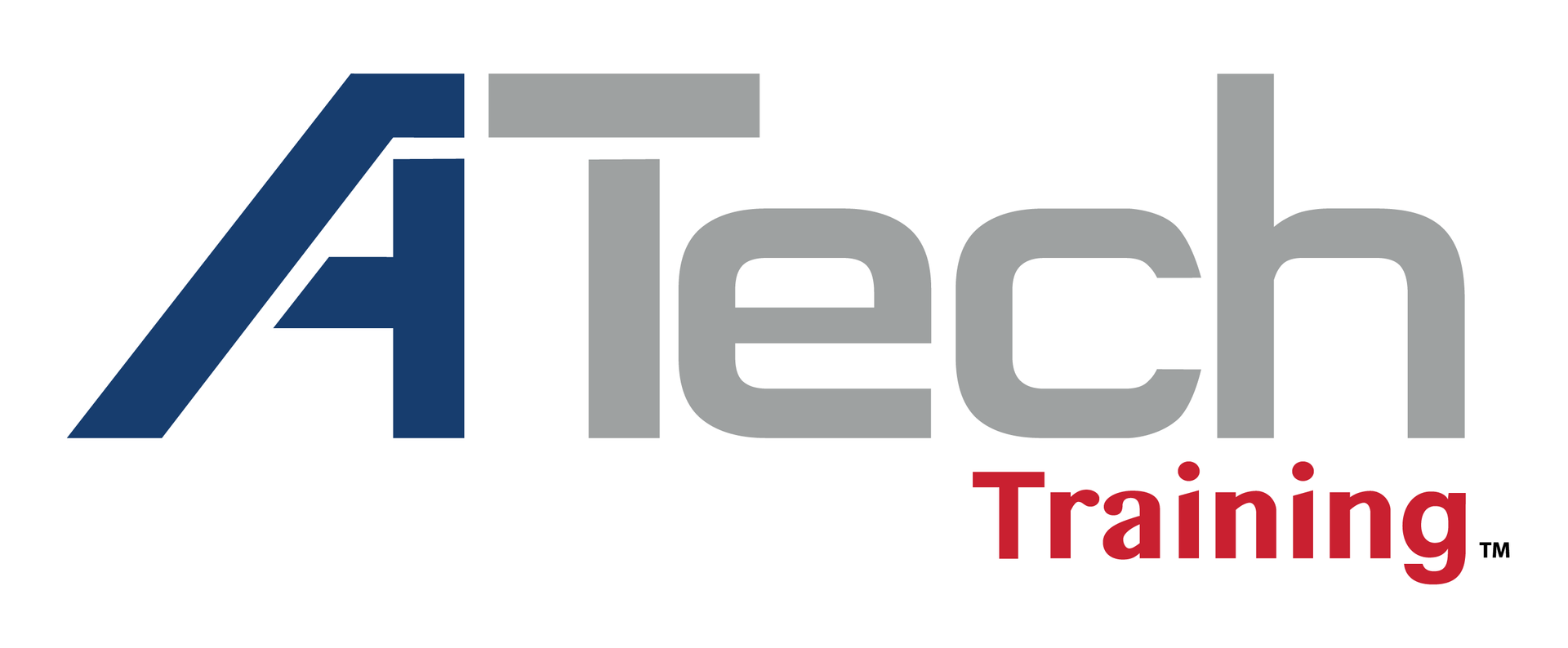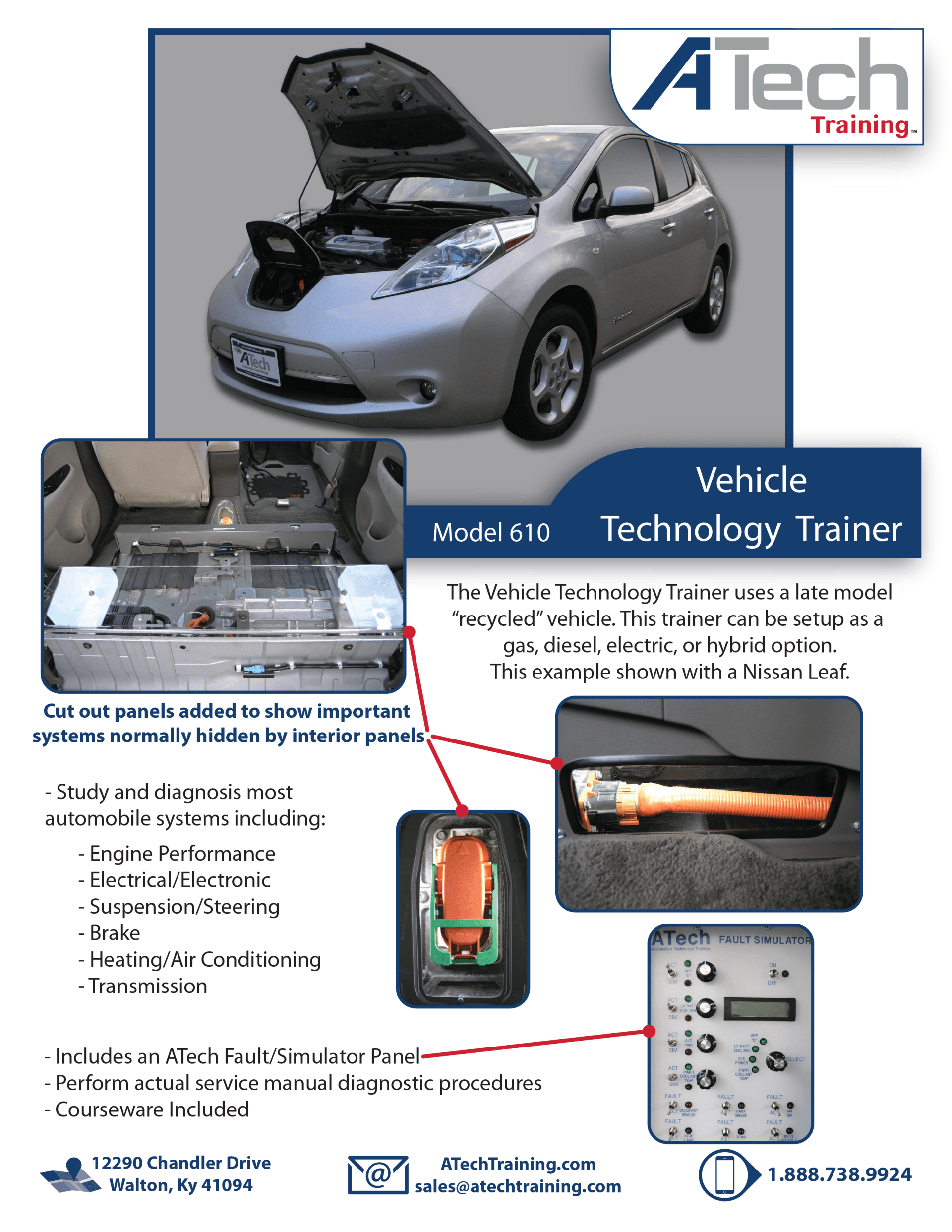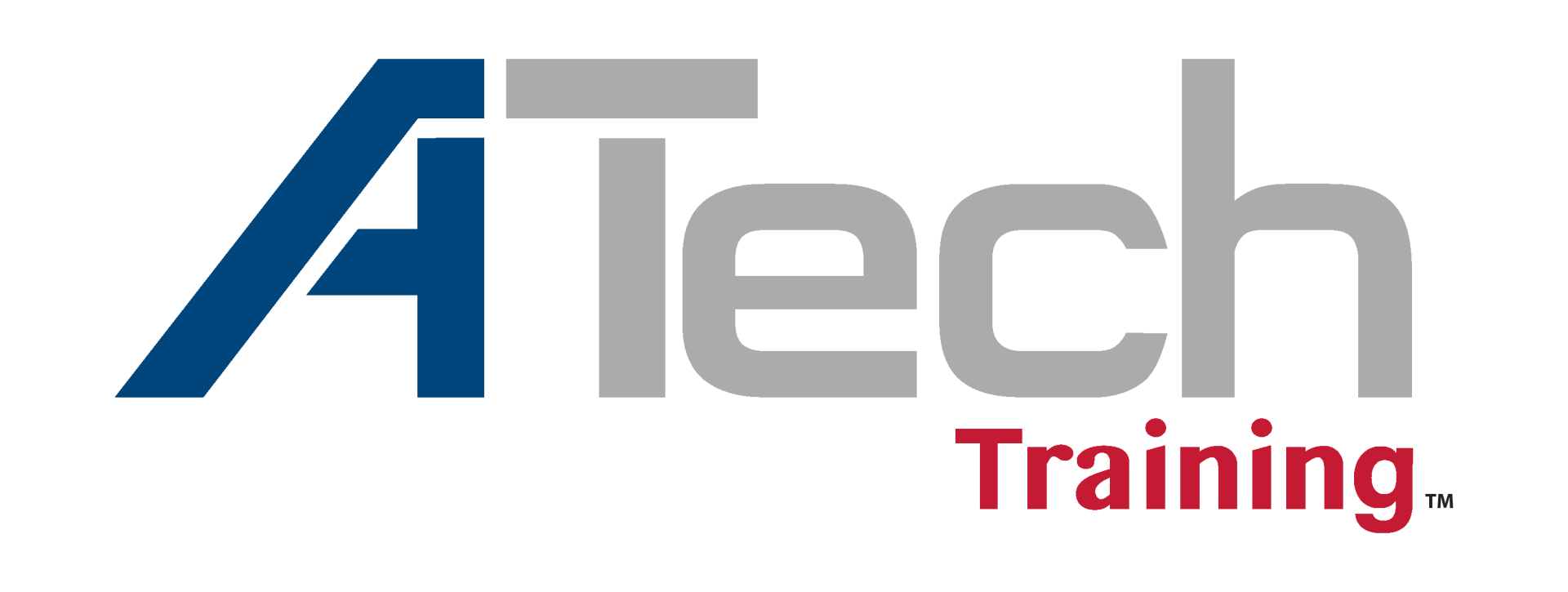Does your program have old, worn out equipment?
Do you wish to purchase additional tools for instruction? Are you repeatedly informed by your administration they
“do not have money” for any of these? Whether you are an instructor new to automotive education or a veteran, here are some tips which may provide some insight for acquiring additional funding.
Through the years of networking with schools, instructors and education professionals, difficulties in funding for tools, equipment and training aids, particularly in Automotive Training, appear common. Maybe it should be re-phrased, the
“lack of funding” for these items.
Gone are the days where as a teacher, you could show up 15 minutes before the opening bell for the day and leave 45 minutes after school lets out for students. A seemingly never-ending list of tasks from your administration, along with the educational compliance requirements across the board, have added significantly to your work day! So, when I say the path for finding extra money comes with a price, that price will be you spending even more of your non-teaching time on this trek. However, unlike other non-teaching related tasks you now must perform, this one comes with the satisfaction of getting new stuff to teach with!New Paragraph
Meeting Minutes:
- List all members in attendance. Include names and areas of representation. (i.e. John Doe: xyz Ford, or Jane Smith: xyz Auto Parts)
- Location, date and time of meeting. Include time when the meeting adjourned.
- List all members who were absent for this meeting (this quietly alerts absent members they were missed when you send them copies of the minutes).
- Detail a review of previous committee’s recommendations and their current status. (Repeatedly listing in your meeting minutes that a previously recommended (anything?) has not been purchased by the district as of the date of this meeting, can eventually garner additional attention).
- Include an overview of any discussion concerning program needs, direction and recommendations by your committee.
- Include significant, quotable remarks by members if and when appropriate.
- Make sure to email or snail mail a copy of these minutes to each advisory member, even those not in attendance.
- Lastly, complete the minutes within 24 hours of ending the meeting and always send a copy of your minutes to your supervisor.
Funding Sources:
Most career technical schools have at least some access to Perkins Funding. The Carl D. Perkins Career and Technical Education Act of 2006 (Perkins IV) is a principal source of federal funding to states and discretionary grantees for the improvement of secondary and postsecondary career and technical education programs across the nation. The purpose of the Act is to develop more fully the academic, career, and technical skills of secondary and postsecondary students who elect to enroll in career and technical education programs.
Matching Funds:
Some schools may have an opportunity to utilize a piece of Perkins funding referred to as “Matching Funds” which essentially means they can apply for Perkins monies that will pay 50% of the needs cost. This results in the school being required to only pay the other 50% of the needs cost. Recommend you check with your school’s treasurer for additional information on this. In addition, with the current federal government’s plan to infuse money into the economy after the COVID 19 crises, my guess is there will be more $$$ on the table. You just have to go get it!
Grants:
Don’t be afraid to apply for grant monies. Often times, there may be grant money available specifically for Automotive Repair Programs. Yes, I know, it is easy to say things like “I don’t know how to write a grant proposal” or “I do not know where to search for grants” or the inevitable “I don’t have time to apply for a grant.”
All grants are not created equal! Yes, some grant proposals will require significant research, documentation and properly formatted details. If there is a grant available which requires this kind of work, seek help from one of your school’s English teachers. They can be a great help in this area.
However, many grants will require only a moderate amount of work. You will need to complete their application which will likely require you to write a story detailing your program’s needs (why you need this, how will you utilize this during your instruction, how often will it be used and how do you believe it will increase student achievement) write short, hard hitting sentences. Long winded statements will likely lose the reader.
Download PDF

















